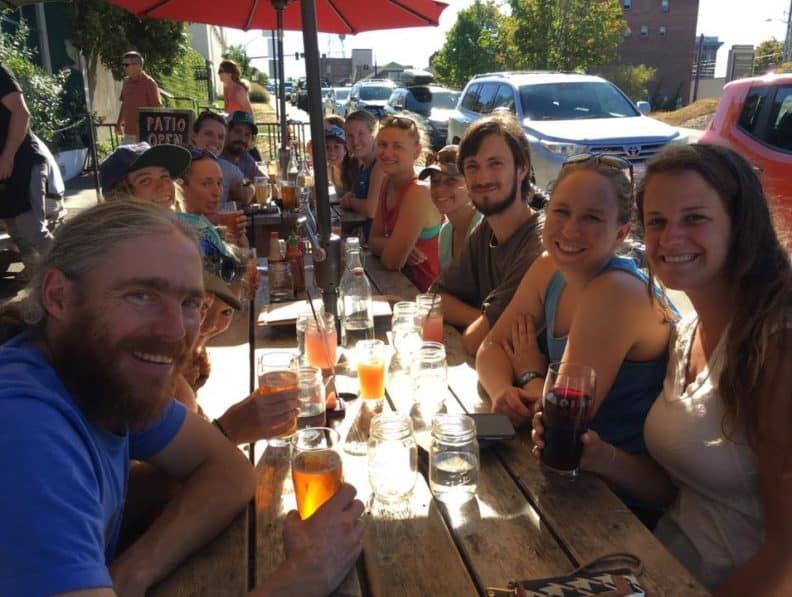
Bellingham Life: the Experiences of Cohort 16 in the City
This post is a compilation of voices from graduate students in the 16th Cohort at the North Cascades Institute. In it they describe what the second year of the M.Ed Residency Program is like at the Western Washington University campus in Bellingham, WA. Next week they will present their capstone projects at the Environmental Learning Center, and then the week after, they graduate! Isn’t that exciting? With that said, we hope you enjoy the insights and musings about life in the city!
To start things off right, Kay Gallagher has a few words to share on behalf of Cohort 16:
Last year we spent 13 months living and learning at the North Cascades Environmental Learning Center. We gained valuable experience teaching, coordinating, learning logistics, and risk management in a remote environment… and a whole lot about community living. In the summer we took to the trails of Sauk Mountain, parts of the Pacific Crest Trail, Stehekin, and the Okanogan National Forest, where we learned about natural history, geology, botany, and native peoples.
In the fall we taught Mountain School and began our work study positions. In the winter we transitioned to two classes, Nonprofit Administration and Curriculum Design. And finally, in the summer we all spread out to begin our Leadership Tracks positions and work with partner organizations.
Now, the cohort is wrapping up our time at Western, and have gained a lot of insight into this portion of the program through many courses. Courses included Program Evaluation and Assessment, Foundations of Pedagogical Theory, Social Justice in Education, and Professional Writing and Presentation.”
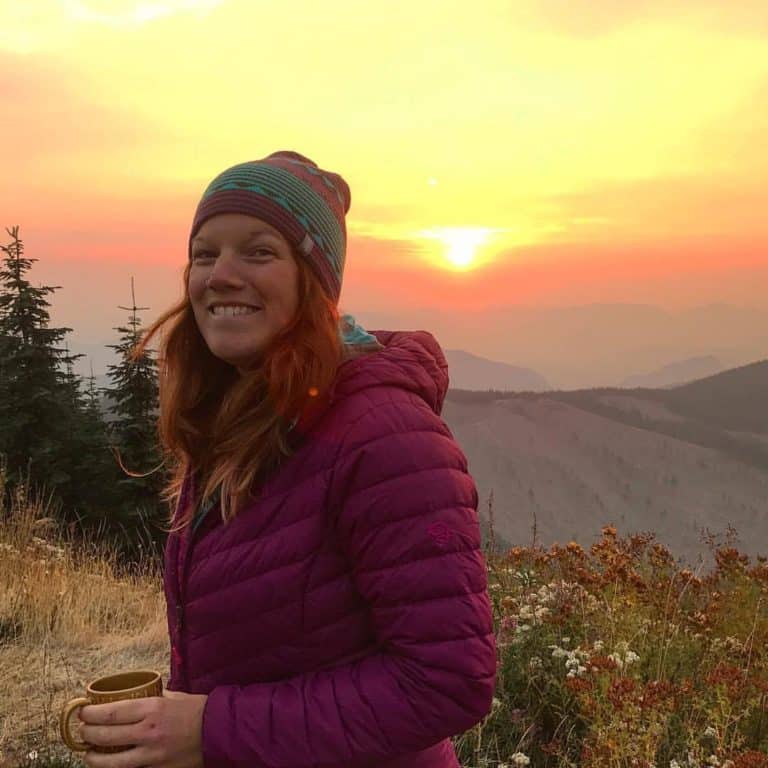
Kay Gallagher
Where are you now?
Right now I am living in Fairhaven Happy Valley of Bellingham, which I love. Finding housing (for this portion of the program) was a challenge for a few reasons: 1) Being so new to Bellingham, I didn’t know the area 2) I knew I wanted a little space from the cohort after spending so much time together, but I didn’t want to live alone 3) Being able to take the bus, bike or walk to places was a big priority to me.
Luckily I ended up living with an alum from Cohort 14, and it was a great fit.
When you complete the program, what are your plans after?
I’m really excited to see and hear everyone’s capstones after getting to know everyone in my cohort fairly well.
As far as after graduation, I plan on moving to Seattle to rejoin living with my partner and seek out a job in the zoo, aquarium or museum field. I’m in process of applying and interviewing for jobs right now. I’m excited to use what I have learned moving forwards and see what the future has in store!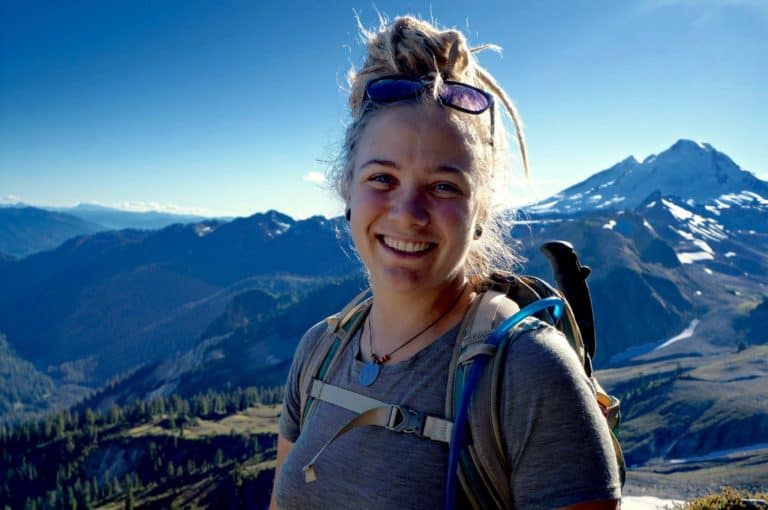
Rachael Grasso
Where are you now?
Right now I’m living in Glacier, about 35 miles east of Bellingham on WA 542. My partner and I (along with our two cats) live in a travel trailer. In the fall we bounced around a bit between Bow and Ferndale before heading up towards Mt. Baker for the winter.
What are you doing there?
As I mentioned above, I’m finishing up my final quarter of the graduate program – but what does that entail? We had the option to choose our second course, and I am taking Power Privilege and the Environment with Dr. Kate Darby. I am the only one from my cohort in the class and after going through this program together it’s a good experience for me to branch out and talk about this topic with a new group of students.
In addition to my coursework, I’m fully engaged in my work study position working with Mt. Baker SnowSchool. This program combines my favorite things – getting students outside, snow, recreating, and hands-on learning! I’ve been on site for all program days helping in whatever capacity is needed. This includes subbing in for partner organizations at their stations, setting snowshoe tracks in deep pow, taking photos, providing logistical support and leading trail groups. I also prep materials and present to students in the classroom for pre-trip school visits.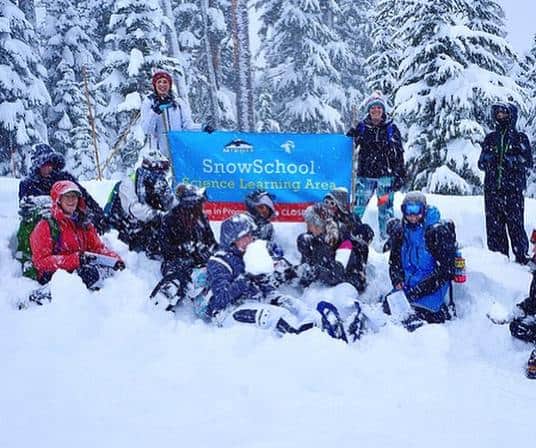
How was the transition from the residency portion to the Western campus?
I was not super prepared to jump from field and program work into heavy theoretical academics. It was a lot of reading and projects to juggle, but in the end I turned in quality work that I was proud of. I also learned that I can only do so much as a productive human, and asking for help or saying “no” is totally fine.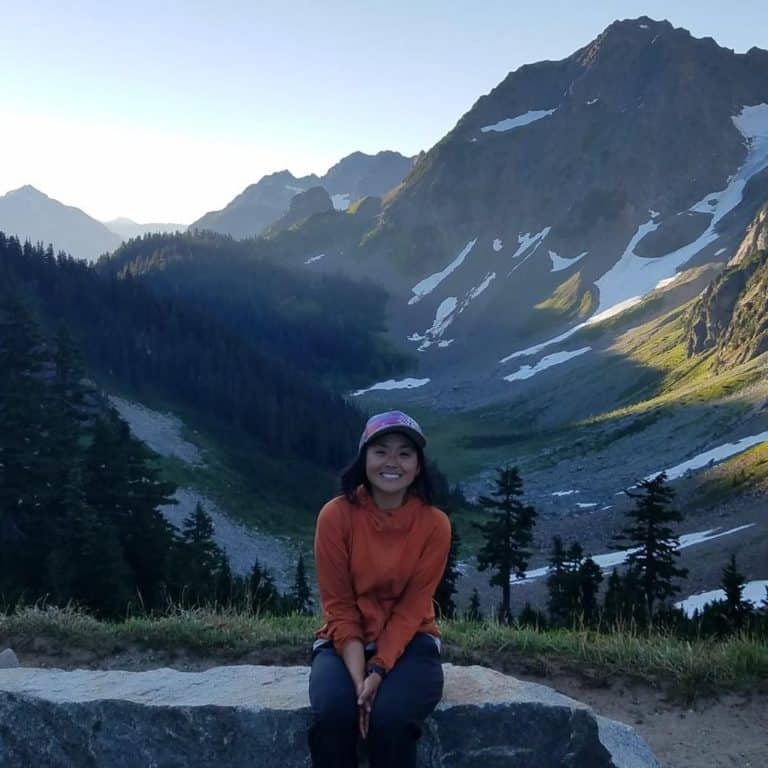
Angela Burlile Fisher
What shocked you the most about moving to Bellingham?
Undergrads look like babies now.
Tell me a little about your work study:
I am doing a little bit of everything for my work study…
1. I am working as the Kulshan Creek Neighborhood Youth Program Assistant Program Coordinator with Orlando Garcia. The majority of my work is coordinating logistics for the monthly field trips, assisting with the development of our high school interns, stepping in as lead instructor when we do not have graduate students and coordinating Cohort 17 graduate students.
2. I am working with Cohort 16 Sarah Clement as a Equity Diversity and Inclusion (EDI) Committee Graduate Assistant for the North Cascades Institute. We basically work on administrative duties that committee members might not be able to take on given their workload.
3. I am also working under the EDI position to rewrite some of the Mountain School curriculum to incorporate Since Time Immemorial 5th grade learning objective and possibly assist in some training pieces for spring.
4. Lastly, I am working with Professor Hayes at WWU as their Teaching Assistant, helping to research and write grant proposals, create curriculum and lead discussion groups in winter quarter.
What are you most excited about with this work?
Throughout my time with the North Cascades Institute, I have worked hard to tailor this experience to my Transformative Inquiry practice, and my interest in multicultural and social justice education. I specifically chose these work study positions because they allow me to continue learning about the topics I’m most passionate about while also getting hands-on experience as an educator.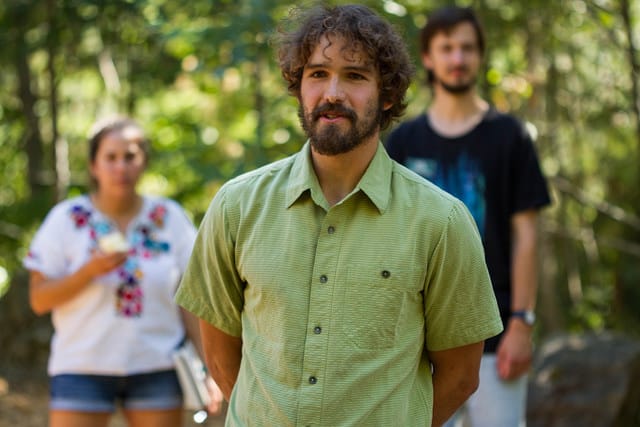
Alexei Desmarais
Tell me a little about your work study now that you’re at Western:
I’m a Research Assistant with the Redfish School of Change. My work with this field school is varied: mentoring students from past years in implementing projects for social justice/ecological sustainability in their communities, planning next summer’s course, developing marketing materials, talking to members of the WWU community to raise awareness about the program, presenting to students about opportunities to be involved with Redfish, positioning Redfish within the new “Salish Sea Institute” and Canadian-American Studies, and developing a new quarter-long model for Redfish.
What are you most excited about with this work?
I really love the connections I’ve been able to maintain, with students in the U.S. and Canada and with all of the professors/program staff I was lucky enough to work with this past summer in my Leadership Track. It’s a really exciting time to be involved with Redfish. We’re looking to expand and transform the programming that we are offering at WWU, and I’ve gotten to help guide this process: designing courses, balancing budgets, navigating university politics, and honing in on the core of Redfish, those core aspects of educating students to be critical thinkers and leaders able to envision a radical new socio-ecological reality.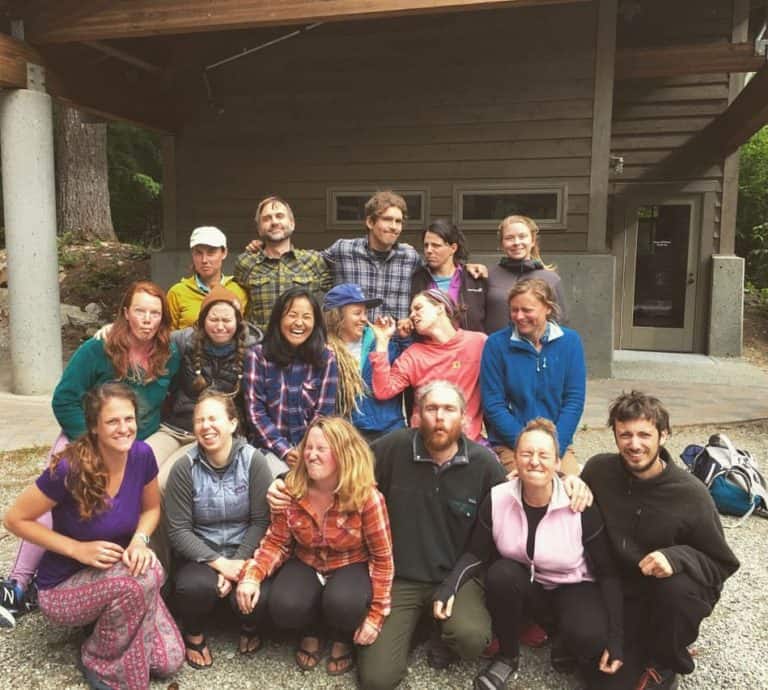
March 24th is Cohort 16’s graduation from Western Washington University – hooray! However, next week they will be up at the Learning Center to present their capstones. Students will present on a topic that has intrigued them throughout their graduate school experience. Stay tuned for highlights from their presentations!

